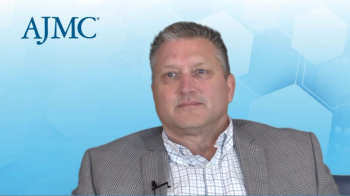
Among these treatments is an aflibercept product with improved dosing for the patient that is coming up for approval in a few months, explained Jeffrey Casberg, senior director of pharmacy at IPD Analytics.

Among these treatments is an aflibercept product with improved dosing for the patient that is coming up for approval in a few months, explained Jeffrey Casberg, senior director of pharmacy at IPD Analytics.
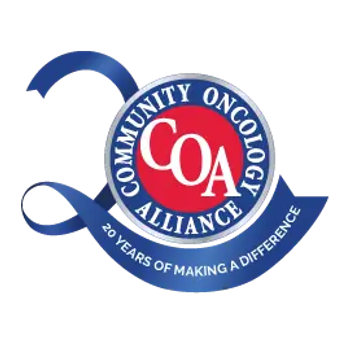
Capitol Hill experts taking part in the Community Oncology Alliance's (COA) Community Oncology Conference said Friday that bipartisan awareness of pharmacy benefit manager (PBM) practices has reached a point that they believe Congress may finally act, if only to require greater transparency.

Panelists at the Value-Based Insurance Design Summit discussed research and reforms to address the high cost of medications and the impact it has on equitable access to treatment.

The lower number needed to treat suggests that ruxolitinib cream may be more effective for patients with atopic dermatitis (AD), according to a poster presented at AMCP 2023.
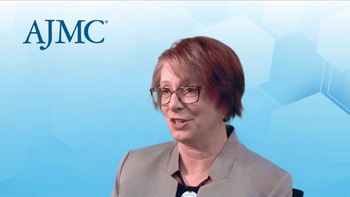
Amy Valley, vice president for Clinical Strategy and Technology Solutions at Cardinal Health, discusses challenges presented within the oncology community, and how Cardinal Health is addressing these issues.
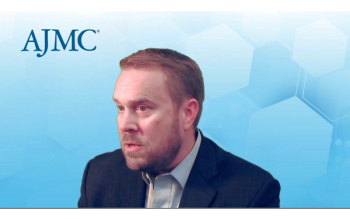
Ben Jones, vice president of Government Relations and Public Policy at the US Oncology Network, discussed the Enhancing Oncology Model (EOM), and why it's such an important topic at this year's conference.
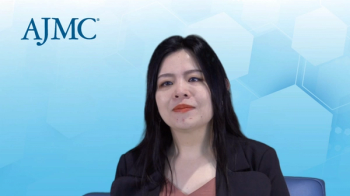
Advantages to using surrogate vs clinical end points in drug approvals include earlier access, but there can be concerns about the efficacy and end result of the drug, said Yuqian Liu, PharmD, senior director of specialty clinical solutions at Magellan Rx Management.
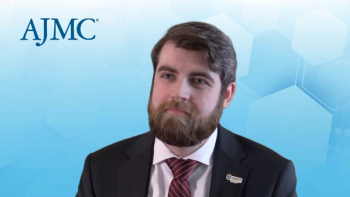
Pharmacy benefit manager reform is a major trend in state managed care policy, said Adam Colborn, director of government relations at the Academy of Managed Care Pharmacy (AMCP).

Implementing a strategy that focuses on dose rounding for chemotherapies can have a 3-fold impact of decreasing drug costs, minimizing drug waste, and improving treatment efficiency. This strategy and its benefits were explored in a session on day 2 of AMCP 2023.
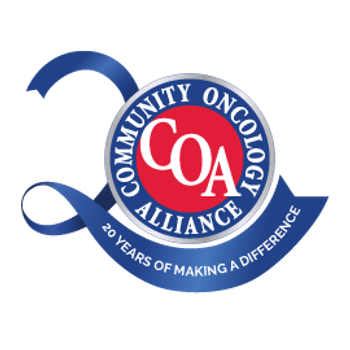
A chief concern among those considering the upcoming alternative payment model in oncology, the Enhancing Oncology Model (EOM): Practices will have to take on downside risk immediately.

The Community Oncology Alliance (COA) retains the spirit of an upstart advocacy group, while working to look ahead at innovative technologies, care delivery trends, and other events that threaten independent practices, said oncology leaders while attending their annual meeting this week.

In this session at AMCP 2023, speakers broke down the challenges many managed care organizations face when wanting to collect detailed data on health disparities and proffered potential strategies that may help to facilitate gathering these data to address inequitable health care access.
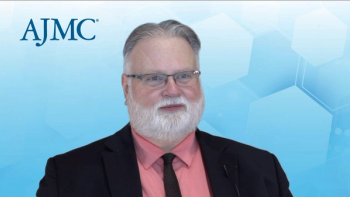
Scott Soefje, PharmD, director of pharmacy cancer care at Mayo Clinic, explains the various ways drug dose rounding can reduce waste, reduce costs, and make drug administration more efficient.
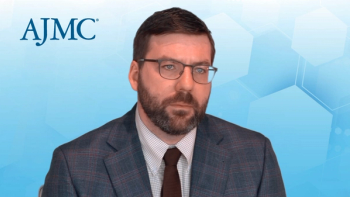
Some challenges linking medication adherence to medical cost offsets include the potential of reverse causality, omitted variable bias, how adherence is measured between studies, and the outdated nature of some of the most-cited literature, said Ben Urick, PharmD, PhD, principal health outcomes researcher at Prime Therapeutics.

On the first full day of conference activity at AMCP 2023, a morning session examined prior authorization (PA) through a lens of refining the current process and the potential role of clinical trial data in PA criteria.

Panelists at the Value-Based Insurance Design Summit discussed ways their organizations are looking to create a better benefit design to promote health equity and address known disparities.
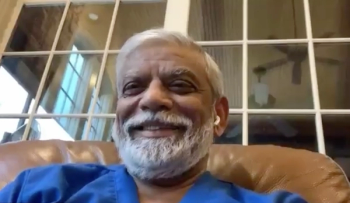
Kashyap Patel, MD, immediate past president of Community Oncology Alliance (COA) and CEO of Carolina Blood and Cancer Care Associates, talks about bringing together different stakeholders in the oncology space in order to benefit patients and providers.

While melanoma is one of the most aggressive cancers, making early detection crucial for outcomes, because it is visible on the surface, there are opportunities to catch it early, said Sancy Leachman, MD, PhD, professor and chair in the Department of Dermatology and director of the Melanoma Research Program at the Knight Cancer Institute at Oregon Health and Science University.

Dermatology lends itself well to telemedicine, particularly as a screening tool to reduce wait times and increase access to care for patients with high-risk melanoma, said Erik Jaklitsch, second-year medical student at the University of Pittsburgh.

A panel assembled at the American Academy of Dermatology 2023 Annual Meeting encouraged the audience of dermatologists to advocate together for needed changes in payment, access, and practice.

Topics to be addressed at the annual conference, which will bring more than 1900 attendees to Kissimmee, Florida, include the Enhancing Oncology Model, efforts to regulate pharmacy benefit managers, and 340B reform.
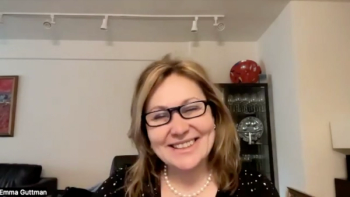
With both biologics and Janus kinase (JAK) inhibitors available to treat atopic dermatitis, providers have more options for patients, said Emma Guttman-Yassky, MD, PhD, FAAD, of Mount Sinai.

In a real-world clinical setting, tildrakizumab demonstrated safety and satisfaction among patients with moderate-to-severe plaque psoriasis.

Posters presented at the American Academy of Dermatology 2023 Annual Meeting provided a snapshot of disparities in dermatology care, both in terms of geographic differences in access to care and collection of race/ethnicity data in clinical trials.

A pair of posters presented at the American Academy of Dermatology 2023 Annual Meeting showed the efficacy of ruxolitinib cream in improving symptoms of vitiligo on the face, both as assessed by investigators and by how noticeable the patients felt their vitiligo was.

Using the DataDerm database has uncovered disparities in prescription patterns, but it’s still early in the process of understanding why those disparities might exist, said Robert Dellavalle, MD, PhD, MSPH, and Ramiro Rodriguez, MD, both of University of Colorado School of Medicine.

There are certain considerations when choosing which patient is the best fit for a biologic to treat hidradenitis suppurativa, said Haley Naik, MD, FAAD, associate professor of dermatology, University of California, San Francisco, School of Medicine.

Once thought of as the result of an imbalance in bodily humors, inflammatory skin diseases are now understood to arise from types of immune responses, opening the door to targeted therapies and personalized medicine, according to speakers at the American Academy of Dermatology 2023 Annual Meeting.

Treatable skin diseases in the transgender population can be overlooked and not managed, despite how they can negatively impact quality of life, according to researchers.

Amid a packed roster of of late-breaking research at the American Academy of Dermatology 2023 Annual Meeting, investigators presented findings from long-term extensions of the Topical Ruxolitinib Evaluation in Vitiligo phase 3 studies.

259 Prospect Plains Rd, Bldg H
Cranbury, NJ 08512
© 2025 MJH Life Sciences®
All rights reserved.
